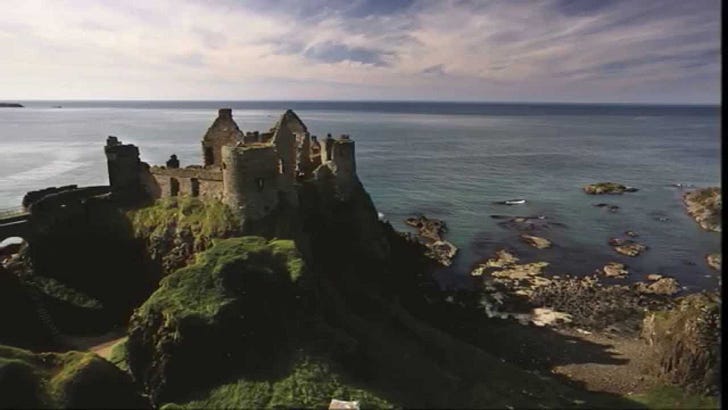How many collectors do you know? Are you a collector, yourself? I think that most people become collectors eventually, whether intentionally or otherwise. My husband, as a boy, collected fossils. He roamed the woods and hillsides near his home in Northeastern Pennsylvania all the time, and along the way he found treasures among the rocks and rubble …
Keep reading with a 7-day free trial
Subscribe to Word & Song by Anthony Esolen to keep reading this post and get 7 days of free access to the full post archives.



